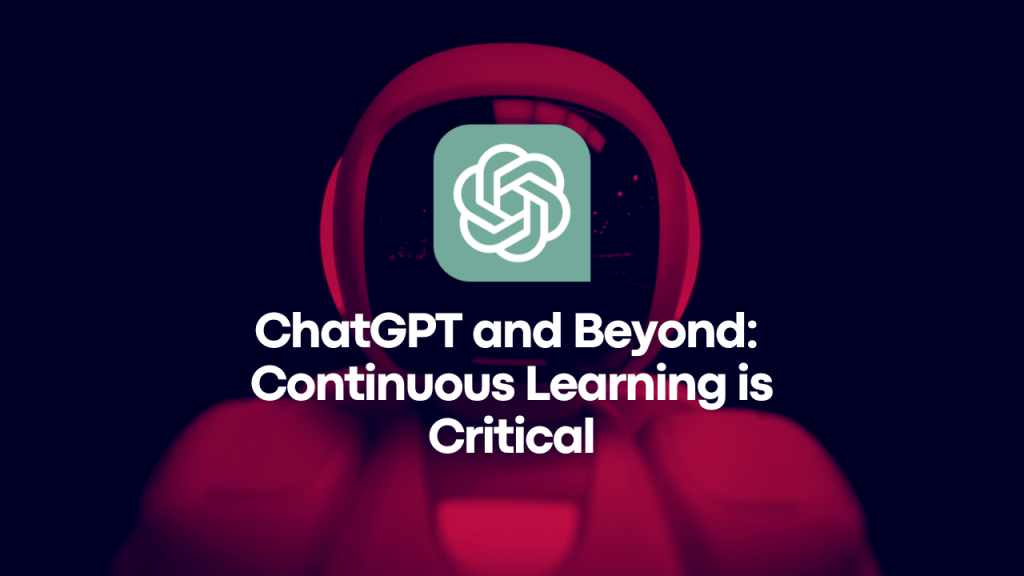
ChatGPT is an advanced technology that has been making waves in the field of conversational AI. Developed by OpenAI, ChatGPT is a large language model that is capable of generating human-like responses to text-based inputs. It uses deep learning algorithms to understand the context and generate relevant responses. Although ChatGPT is a revolutionary technology that has the potential to transform the way we communicate, some people are worried about its implications. In this article, we will explore why people worry about ChatGPT and why IT professionals should not.
The Fear Factor
One of the biggest concerns about ChatGPT is that it may replace human jobs. People worry that as ChatGPT becomes more advanced, it will be able to perform tasks that were previously done by humans, such as customer support, content creation, and even creative writing. However, it is important to note that ChatGPT is not designed to replace human workers. Rather, it is meant to assist and augment human performance. It can handle repetitive tasks and free up human workers to focus on more complex and creative work.
Another fear is that ChatGPT may be used to spread fake news or misinformation. Since ChatGPT can generate text that is indistinguishable from human-generated text, it may be difficult to detect when ChatGPT is being used to spread false information. However, this is a problem that can be addressed through the development of better algorithms and the implementation of fact-checking processes.
Why IT Professionals Should Not Worry
As IT professionals, we have seen how the introduction of new technologies can cause panic and anxiety. However, history has shown us that new technologies often lead to new job opportunities. When the internet was first introduced, many people feared that it would replace traditional media and advertising. However, the opposite happened – the internet created new industries and job opportunities in areas such as web development, digital marketing, and e-commerce.
Similarly, the introduction of computers and core banking in the banking industry was initially met with resistance from bank employees who feared that their jobs would be at risk. However, computerization and automation led to the creation of new job roles in IT, finance, and customer service.
The same can be said for the shift from physical servers to virtual machines, public clouds, and containers. These technologies have created new job opportunities in areas such as cloud architecture, DevOps, and container orchestration.
The key takeaway is that while the nature of jobs may change, there will always be new opportunities for those who are willing to adapt and upskill. As IT professionals, it is important to embrace new technologies and stay updated with the latest developments in the field.
Upskilling for the Future
Rather than worrying about ChatGPT, IT professionals should focus on upskilling and reskilling to prepare for the future. This means staying updated with the latest developments in AI and machine learning, and developing skills in areas such as data science, natural language processing, and cloud computing.
Continuous learning is essential in the fast-paced world of technology, and IT professionals who are willing to learn and adapt will always be in demand. Rather than fearing the rise of ChatGPT and other AI technologies, we should embrace them as tools that can help us to work smarter, faster, and more efficiently.
In conclusion, ChatGPT is a revolutionary technology that has the potential to transform the way we communicate. While there may be concerns about its implications, IT professionals should not worry about the rise of ChatGPT. Instead, we should embrace the technology and focus on upskilling and reskilling to prepare for the future. The key to success in the ever-evolving world of technology is continuous learning and adaptation.
